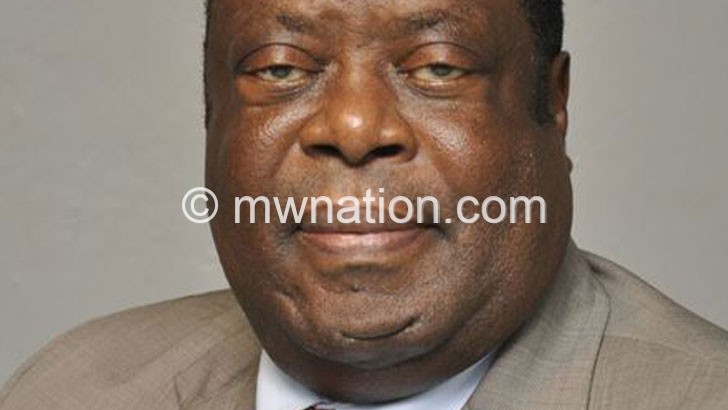Treasury moves to Boost non-tax revenue
Treasury plans to boost non-tax revenue performance in the second half of the 2020/21 fiscal year through enhanced monitoring and dividends payment from State-owned enterprises.
The move to boost non-tax revenue follows figures from Treasury which show that non-tax revenue performed poorly during the first half of the 2020/21 fiscal year, failing to reach the targeted K31.8 billion.
Non-tax revenue outturn at K15.5 billion, represented a revenue collection shortfall of 49.8 percent while tax revenues underperformed by 3.5 percent as Treasury collected K548.7 billion against the projected K568.3 billion.

In a written response on Monday, Ministry of Finance spokesperson Williams Banda attributed the poor performance in non-tax revenue in the first half to Covid-19, which disrupted revenue collection.
He said: “The non-taxes underperformed on account of Covid-19 pandemic due to travel restrictions on civil aviation and Department of Immigration and Citizenship Services collections.
“In the second-half, there will be enhanced monitoring and enforcement of non-taxes and State-owned enterprises will be paying their dividend and surpluses.”
In his 2020/21 Mid-Year Budget Review Statement presented on Friday in Parliament in Lilongwe, Minister of Finance Felix Mlusu said that non-tax revenues are projected to increase from K63.1 billion to K69.6 billion in the revised budget while tax-revenues are projected to remain at K1.116 trillion.
In the 2019/20 fiscal year, Treasury underperformed by K10 million, collecting K25.47 billion in dividends from the projected K25.48 billion at mid-year.
In the 2018/19 fiscal year, Treasury collected K7.5 billion from the projected K24.9 billion at mid-year.
In an interview on Monday, tax expert Emmanuel Kaluluma said Covid-19 has not spared businesses, but faulted Treasury for implementing tax policies four months ahead of the financial year.
He said: “When it comes to the budget, it is a financial plan for 12 months when government delivers goods and services to its people and raises funds. They are tax measures to apply for a period of 12 months.
“But this year, the tax measures only applied for eight months. You can see that something fundamentally was done wrongly, adding negatively to the deficit picture that we have. It was created by Treasury itself.”
In its December 2020 Malawi Economic Report, the World Bank projected that non-tax revenue will decline from 2.6 percent to 1.7 percent of the gross domestic product (GDP) and income and profit taxes will decline from 8.3 percent of GDP in the 2019/20 fiscal year to 7.8 percent in 2020/21 fiscal year, although the tax reductions could further undercut revenue assumptions.
Overall, the World Bank projected that domestic revenues will decline from 18.9 percent to 17.5 percent of GDP.




